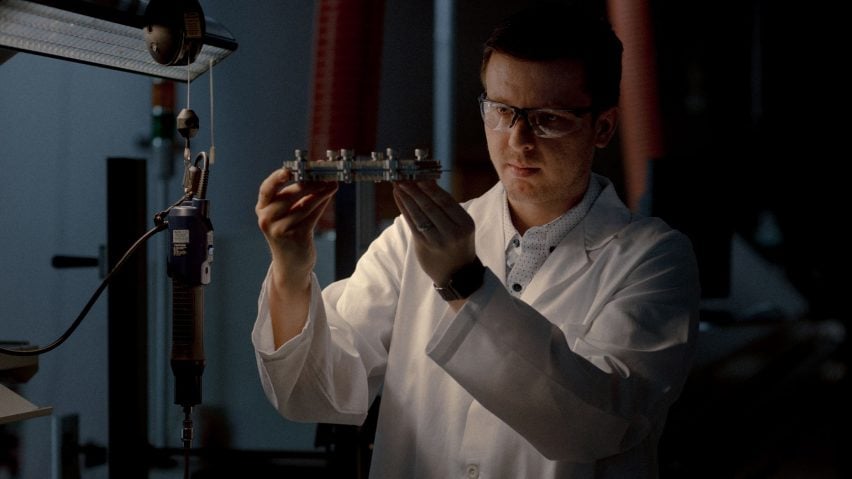
Technology designed to capture waste heat wins 2024 Earthshot Prize
Prince William has announced the five winning projects of this year's Earthshot Prize, including technology designed to capture waste heat and convert it into usable and clean electricity.
Founded by the prince and British wildlife presenter and historian David Attenborough in 2020, the annual Earthshot Prize awards five winners £1 million each to scale up their projects tackling different environmental issues – from air quality to protecting our oceans.
Among this year's winning entries is Advanced Photovoltaic Systems (ATS), a Canada-based company that has designed an industrial-scale modular unit that produces electricity directly from waste heat and requires no moving parts.
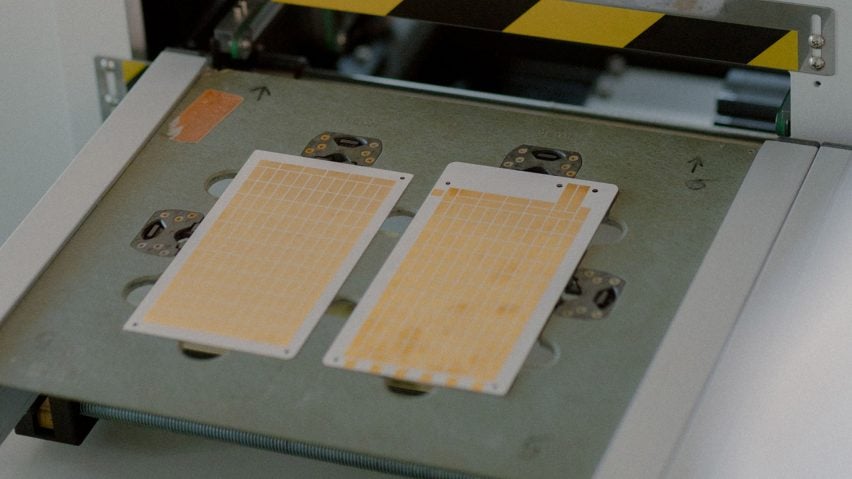
Waste heat is converted into electricity after it has passed over smartphone-sized plates manufactured using a phone-style assembly process, making the plates easy to scale, transport and install.
The project was created to offer an alternative to traditional turbines and transform the energy required to power the world's industrial plants – producing cement, steel and chemicals – of which 60 per cent is lost as waste heat, according to ATS.
"This unused energy represents a vast resource, equal to the energy needs of four billion homes. That is twice the total number of households worldwide," said ATS CEO Kelly Adams.
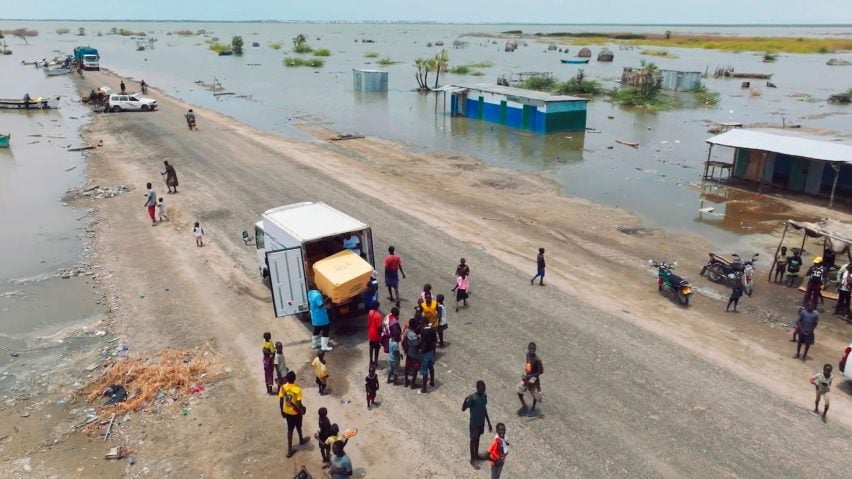
"Our technology offers a circular energy solution that creates valuable electricity and reduces emissions at scale," he added.
Founded by Francis Nderitu, Kenyan company Keep It Cool took home another of the competition's top prizes for developing solar-powered and localised refrigeration systems, which allow small farms and fisheries to preserve their produce in off-grid cooling boxes.
Nderitu and his team developed the project to tackle the 40 to 50 per cent of produce in sub-Saharan Africa that is lost before it reaches consumers due to scorching temperatures and a lack of cold chain solutions, according to the Food and Agriculture Organisation.
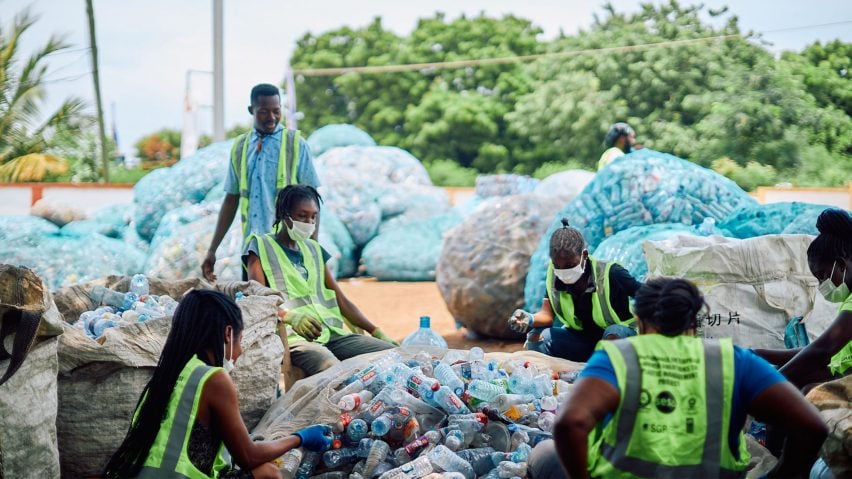
"Our aim is to make cold chain solutions both affordable and accessible, even in underserved regions like Turkana in northern Kenya," said Keep It Cool.
Another project among this year's winning cohort is the Green Africa Youth Organisation (GAYO), which is directed by Desmond Alugnoa and has outposts in Ghana, Botswana, Uganda and Kenya.
GAYO's mission is to tackle environmental issues through youth empowerment, public education and skills development. The organisation has designed a waste management system to reduce landfill and create cleaner air.
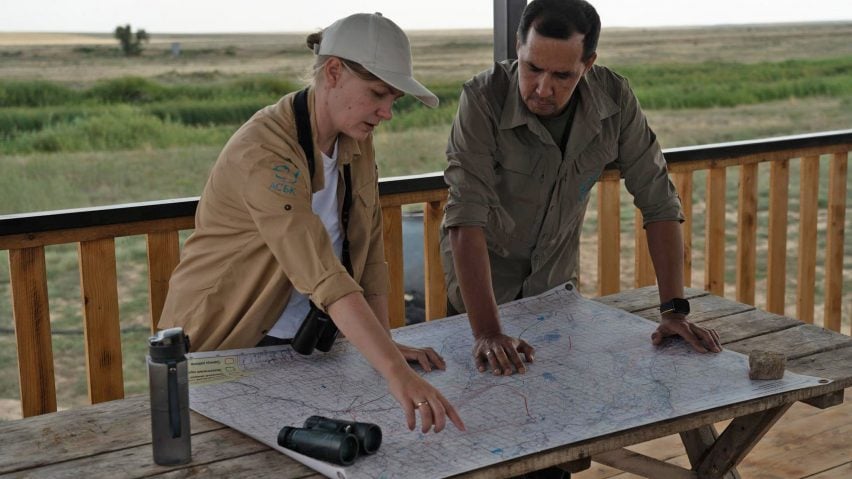
"We work directly with local communities to reduce the vulnerability of groups that are at risk of climate impacts such as children, youth and women who have a comparatively less adaptive capacity due to social and structural inequalities," said the organisation.
Founded by Vera Voronova, Kazakh organisation Altyn Dala Conservation Initiative also won an Earthshot Prize. The conservation group is working to restore fragile steppe, wetland and desert ecosystems in Kazakhstan.
The final prize was awarded to High Ambition Coalition for Nature and People, an intergovernmental group of 118 countries co-chaired by Costa Rica and France and directed by Rita El Zaghloul. The group is putting pressure on global governments to officially protect 30 per cent of our land and oceans by 2030, according to the Earthshot Prize.
Prince William announced the five winners of this year's prize on Wednesday at a ceremony in Cape Town, South Africa, selected from a list of 15 finalists.
"I believe our world can be rich in possibility, hope and optimism. That is why the Earthshot Prize exists," he said.
"To champion the game-changers, the inventors, the makers, the creatives, the leaders; to help them build upon the amazing things they've already achieved; to speed their innovations to scale and to inspire the next generation to create the future we all need," added the prince.

Planned to be awarded annually until 2030, the Earthshot Prize celebrates projects that respond to the United Nations' Sustainable Development Goals.
Now in its fourth year, previous Earthshot Prize winners have included an AI-powered soil carbon marketplace and a plastic packaging alternative made from seaweed.
The photography is courtesy of the Earthshot Prize.